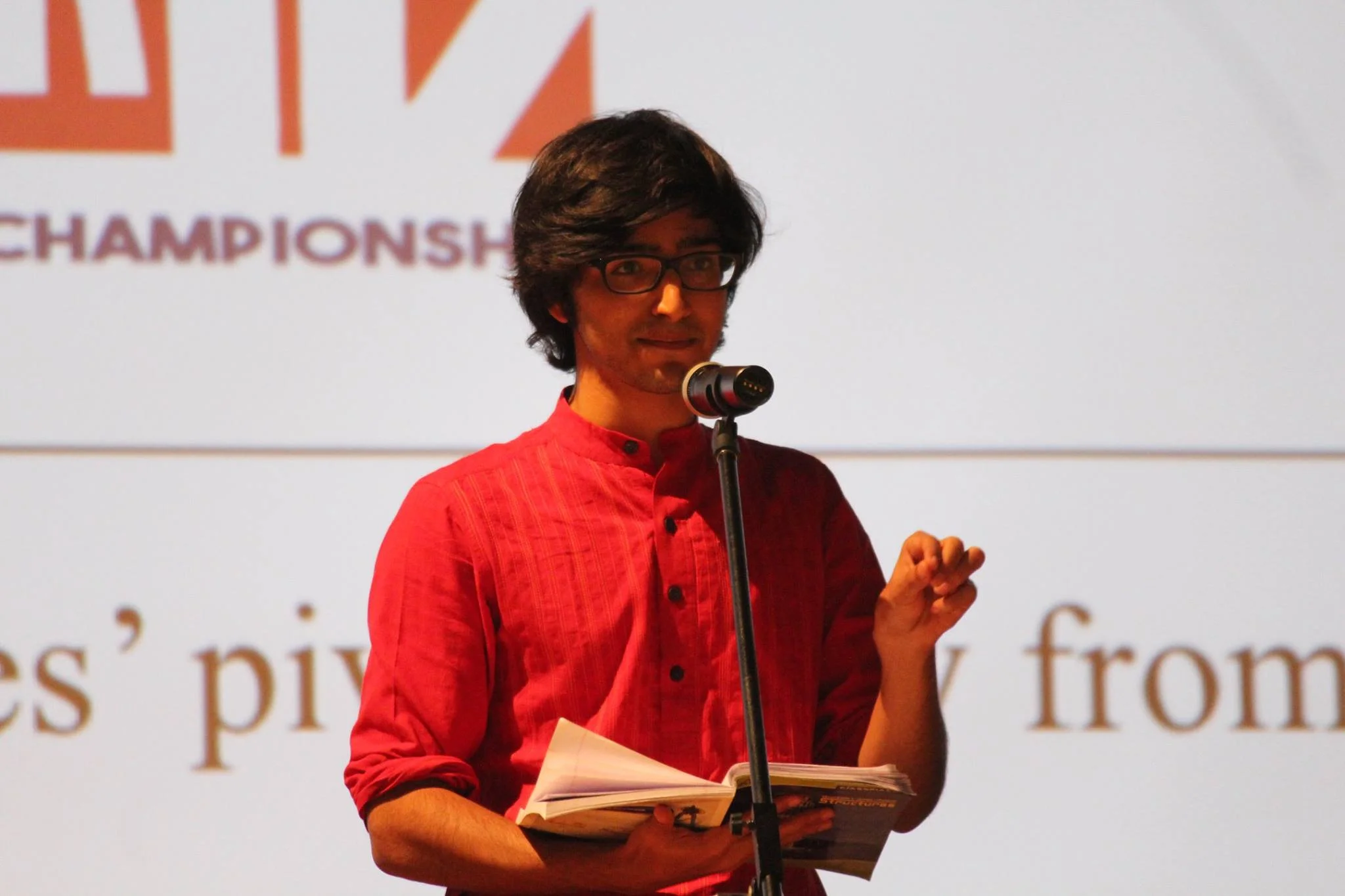Partie II: La Commission Consultative de Révision de la Constitution dans l’Oeuvre d’Elaboration de la Constitution Marocaine de 2011: Problématique des Travaux Préparatoires
/Abdelaziz Lamghari Moubarrad
3. En quoi ont consisté les travaux de la Commission ? C’est un élément qui conduit à énumérer les composantes de ces travaux, puis à identifier parmi ces composantes celles qui pourraient s’apparenter à des TP et qui, au fond, ne pourraient pas l’être au vu des considérations qui viennent d’être exposées, mais aussi pour les raisons qui seront explicitées. Dans ce sens, on pourrait distinguer entre composantes techniques et composantes délibératives.
Read More













![Xx1088_-_Seoul_city_nightscape_during_1988_Paralympics_-_3b_-_Scan [test].jpg](https://images.squarespace-cdn.com/content/v1/5af3f84a4eddec846552ea29/1527486925632-3VZP3ASLAHP1LJI0D9NJ/Xx1088_-_Seoul_city_nightscape_during_1988_Paralympics_-_3b_-_Scan+%5Btest%5D.jpg)
